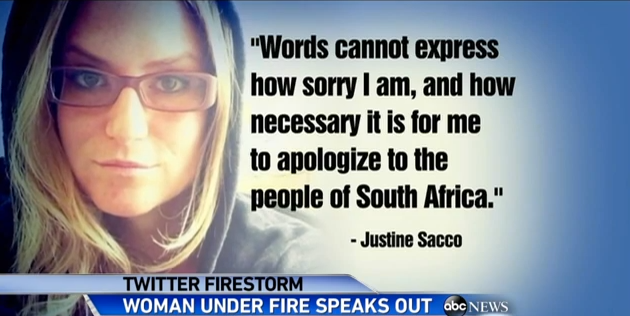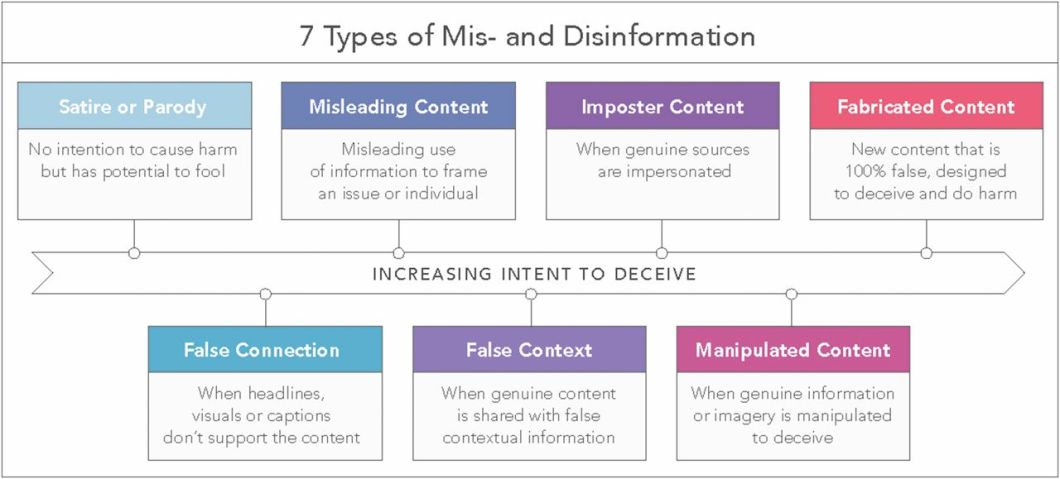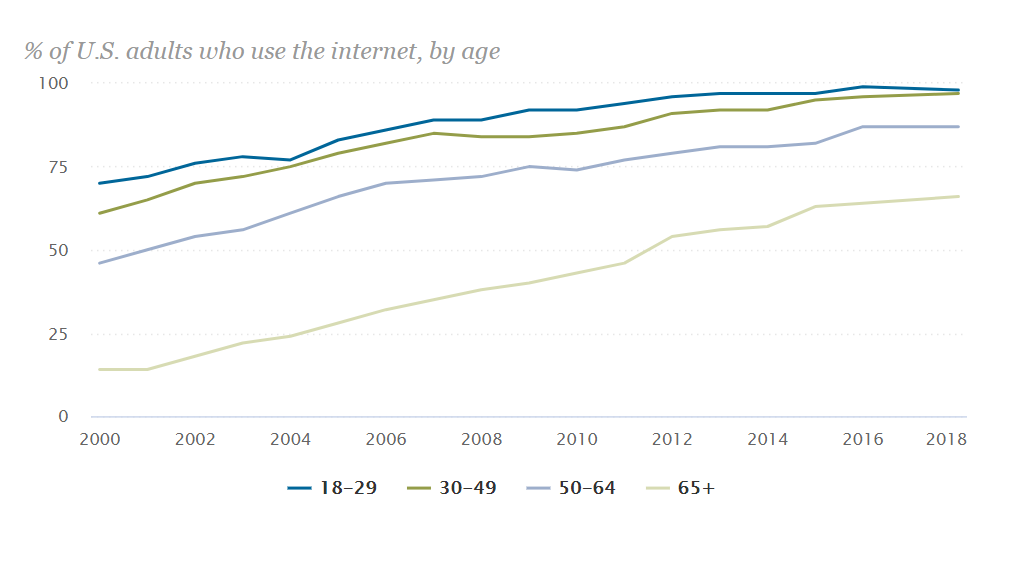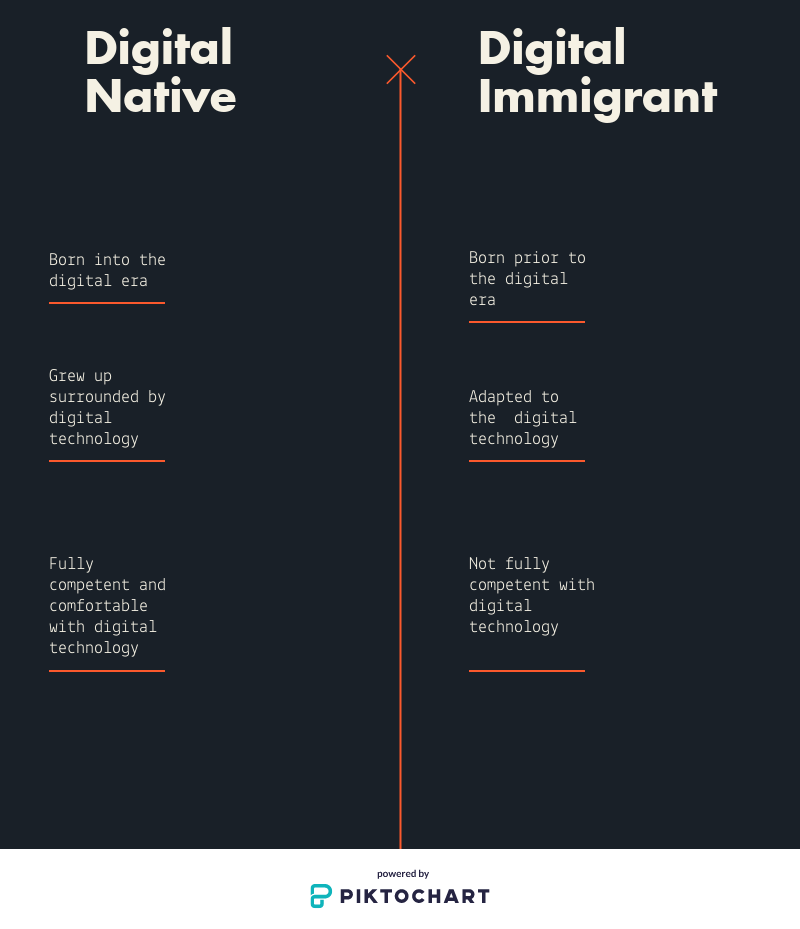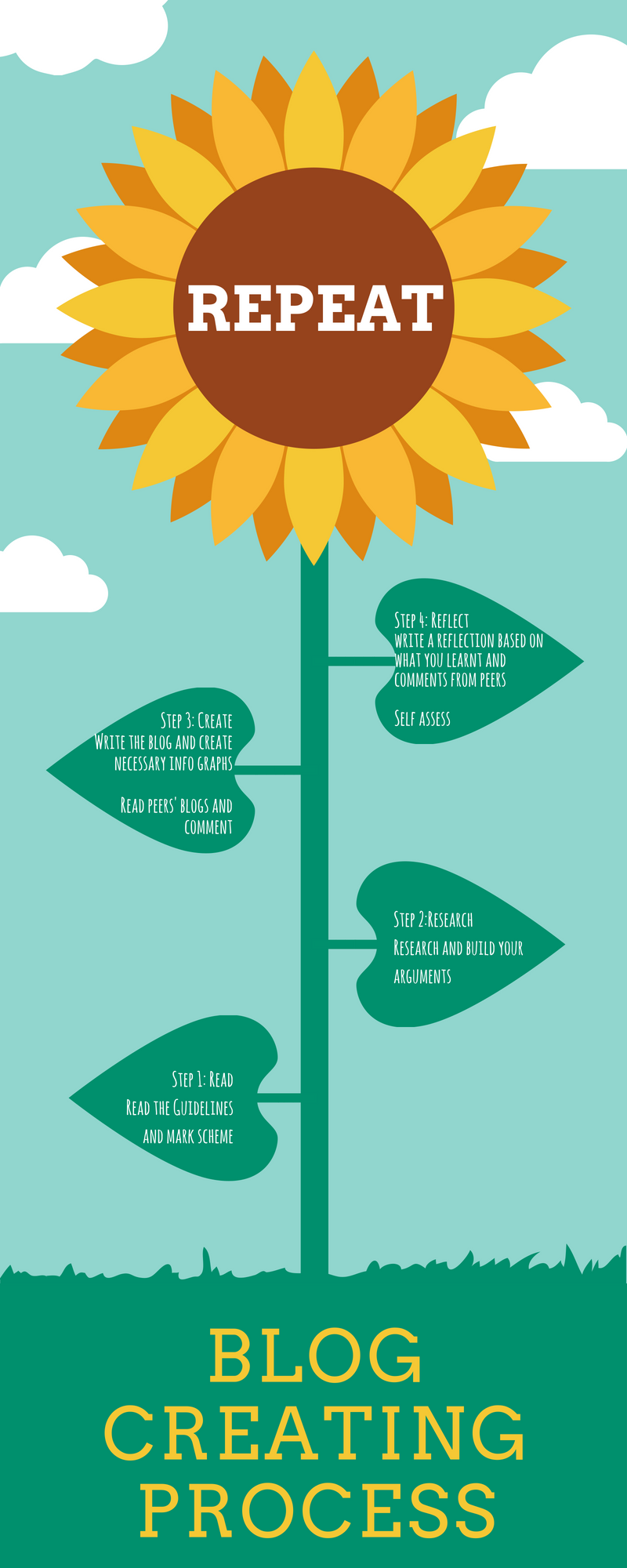
My Final Reflection
This post marks the end of the journey that was UOSM2008: Living and Working on the Web. The unorthodox way of learning wasn’t something I thought I would initially enjoy or find beneficial. Additionally, I did not think writing blogs would be something I would like but this whole experience has been one that is both very eye-opening and grossly valuable to myself.
Continue reading →

